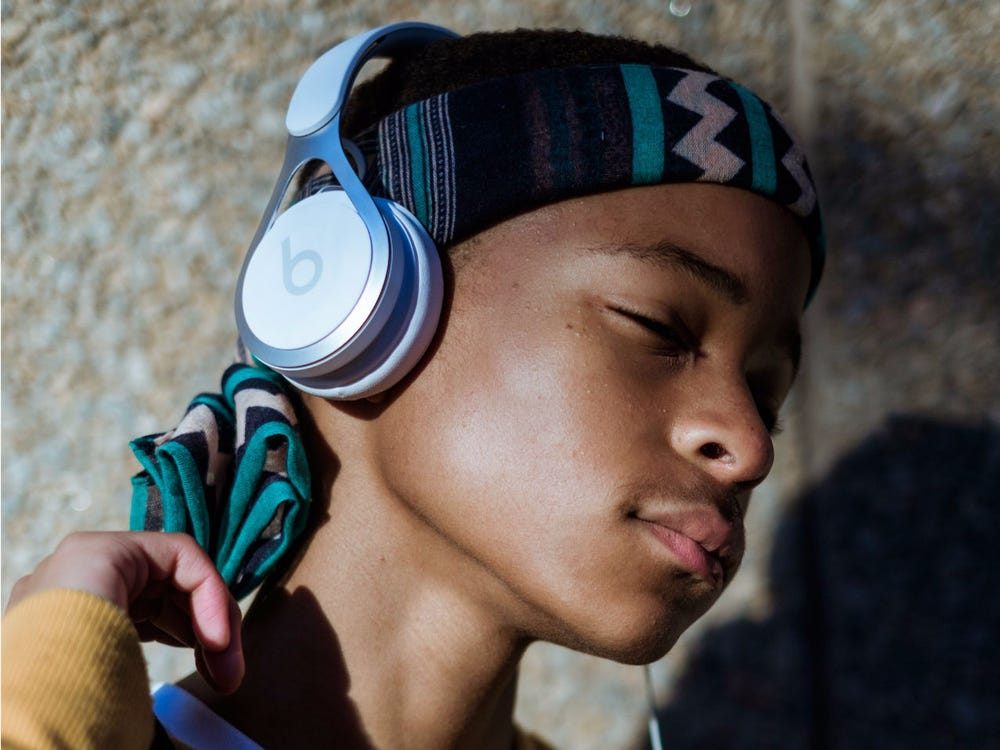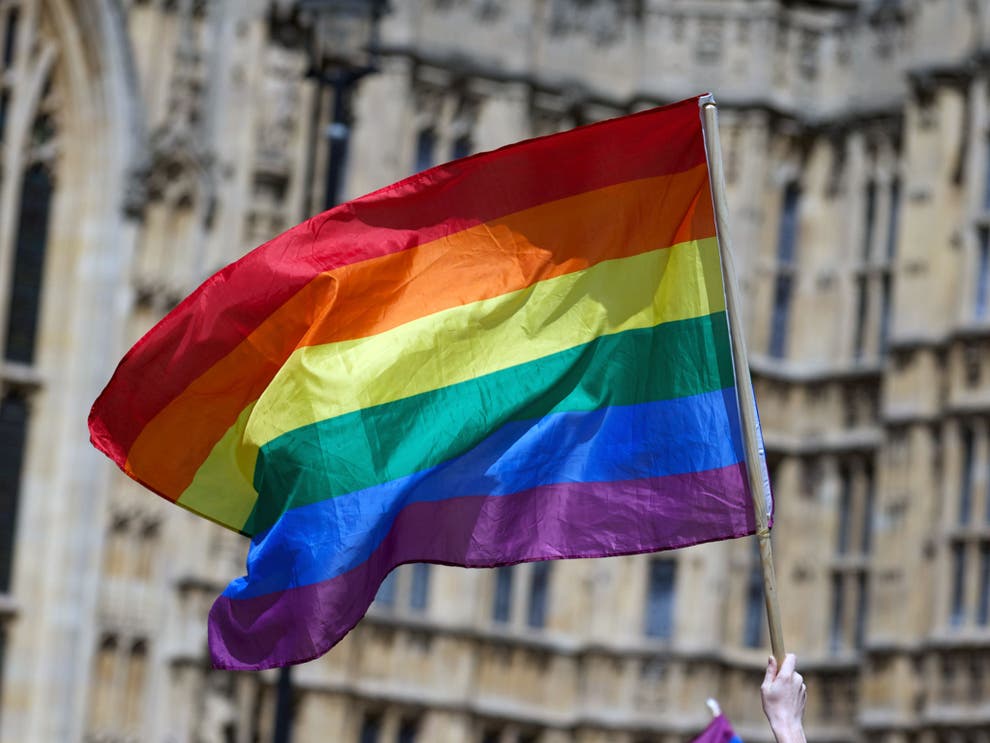As Ella Fitzgerald once said, ‘the only thing better than singing is more singing.’ The woman wasn’t just an iconic jazz singer, she knew the impact of great music. Although music is known to reduce feelings of stress and anxiety in an individual, there are also many other functions to those repetitive radio songs that get stuck in your head. Here are just a few reasons to belt out that pop song at the top of your lungs.
Music aids your mental wellbeing because a good song triggers the release of dopamine in our brains, known as the ‘feel-good’ chemical that works on our mental reward system. Not only does it release when we are listening to the song but also before as we anticipate we’re going to be happy. And mentioned in a BBC News article, the dopamine release people had when listening to a song they liked was up to 9% higher than when it was an everyday tune.
Music can also enhance our memory. During the years between puberty and adulthood, our brains can make certain emotional, neurological connections with songs. Therefore we feel so connected to ‘throwback’ songs from the 2000s (for me) or the 80s/70s for others. Our mind translates the constant rush of hormones released at the time and associates it with certain songs – for me, this always seems to be any song by McFly. It’s different for everyone.
Music can also be a form of therapy – this was evident during World War Two when musicians played for soldiers whilst the injured were being treated. The patients, doctors, and nurses noticed significant changes in their moods and thoroughly enjoyed the music and this even became a regular occurrence of hiring musicians to entertain the wounded. According to Psychology Today and other scientific studies, music can be a form of medicine. Although it can’t physically alleviate your pain, mentally it can, even if the symphonies and lyrics take your mind off the soreness for only three minutes. That’s three minutes of happiness. It’s also thought that music can lead to reduced consumption of pain relief medication and help with more efficient pain management.
And this is all before we talk about dancing. Dancing is something anyone can do; you don’t have to be a professional. Embarrassingly dad-dancing in your car, having a boogie in the kitchen to the radio in the mornings, hearing a tune while out shopping and subtly jiving, can improve your mental health. It’s also a great cardio exercise for your heart and causes your mind to release endorphins.
Music can also increase your communication. Finding other people online or in reality that enjoy the same music as you is always great. An artist’s music may have impacted you all in different ways but they brought you together and helped form a friendship. There are numerous online forums or even YouTube comments dedicated to the artist you can interact with for a start.
So, one way to improve your mental health is through your music and this can be started in many ways. An easy way is to create playlists of some throwback songs or ones you simply hear in shops. It’s important to find a genre that suits you and fits your identity – mixing and matching amongst genres like pop, rock can improve moods and be rewarding. Favourite genres vary with everyone – a friend may enjoy classical, while your brother may love heavy metal, but you’ll find a genre that suits you. And when COVID-19 fades, we’ll be able to go to live concerts and see our favourite artists from the front row.


